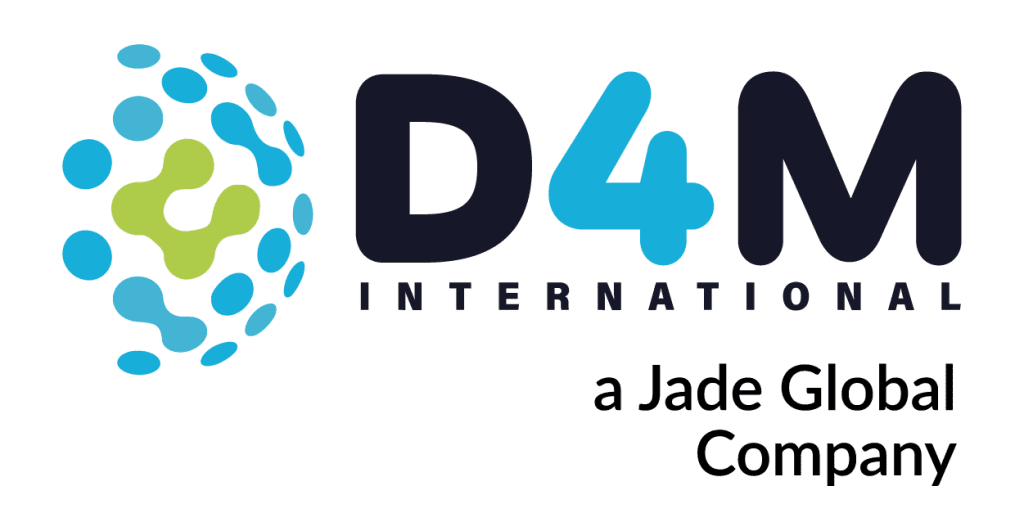In the fast-paced world of manufacturing, the need for agility, efficiency, and innovation is paramount. Integrating Manufacturing Execution Systems (MES) and Manufacturing Operations Management (MOM) represents a pivotal advancement in achieving these goals. By uniting the strengths of both systems, manufacturers can unlock an unprecedented level of operational excellence, setting the stage for success in Industry 4.0 and beyond.
The Power of Integrated Manufacturing Systems
In an era of rapid technological advancement, integrating MES and MOM systems is no longer a luxury but a necessity. These systems are integral to digital transformation, providing the backbone for smart manufacturing by offering real-time data and actionable insights. At D4M International, our expertise in digital transformation and Industry 4.0 solutions positions us uniquely to guide manufacturers through this critical integration process. In this blog, we’ll explore how the fusion of MES and MOM can optimize manufacturing execution and drive competitiveness.
Understanding MES (Manufacturing Execution Systems)
Definition and Core Functions
MES is geared towards shop floor management, orchestrating the production process precisely. Its core functions include production scheduling, inventory management, quality assurance, and data collection. These capabilities bridge the gap between Enterprise Resource Planning (ERP) systems and physical production, delivering critical operational insights.
Key Benefits for Shop Floor Operations
MES enhances operational efficiency by optimizing task assignments and tracking materials. It ensures quality control through continuous monitoring, reducing defects, and improving product consistency. Furthermore, it provides real-time feedback on production status, enabling swift response to issues.
Limitations of Standalone MES
Standalone MES has limitations in scope despite its advantages. It primarily focuses on the shop floor and lacks the ability to provide enterprise-wide insights or align with strategic business objectives. MOM systems come into play to offer a broader perspective. These limitations are where MOM systems come into play, offering a broader perspective.
Read More: MIKE BRADFORD PART 5: 3 BENEFITS OF MOM SOFTWARE TO SUPER CHARGE YOUR MANUFACTURING!
Exploring MOM (Manufacturing Operations Management)
Broader Scope and Capabilities
MOM systems extend beyond the confines of MES by encompassing higher-level decision-making processes. They focus on the full production lifecycle, from planning to execution and optimization, providing a holistic view of manufacturing activities.
How MOM Extends Beyond MES
MOM systems integrate MES functionalities, adding capabilities like supply chain synchronization, performance analysis, and governance. This comprehensive control over operations ensures businesses adapt swiftly to market demands and regulatory changes.
The Role of MOM in Enterprise-Wide Optimization
Through advanced analytics and KPI evaluations, MOM systems facilitate continuous improvement. They enable a synchronized operation across the supply chain, aligning production with business goals and enhancing overall competitiveness. D4M’s approach to MOM, particularly our expertise with solutions like DELMIA APRISO, emphasizes this enterprise-wide optimization, helping our clients achieve unprecedented operational excellence.
The Case for MES and MOM Integration
Bridging the Gap Between Shop Floor and Top Floor
Integration bridges the divide between detailed shop floor control and enterprise-level management. It enables seamless communication and collaboration, fostering a unified approach to manufacturing execution.
Overcoming Limitations of Isolated Systems
By combining the strengths of MES and MOM, manufacturers overcome the limitations of isolated systems. This integration allows for more agile, efficient, and data-driven operations, positioning companies to thrive in a competitive landscape.
Setting the Stage for a Unified Manufacturing Strategy
A unified strategy empowers organizations to harness the full potential of digital transformation. Manufacturers can achieve comprehensive operational visibility, enhanced process control, and seamless information flow by leveraging integrated MES-MOM solutions.
Read More: CONTRACT COMPLIANCE IN TIER 1 MANUFACTURING (PART 1)
Key Benefits of Integrating MES and MOM Systems
Comprehensive Operational Visibility
With this integration, manufacturers gain a holistic view of operations across the enterprise. Real-time production monitoring provides detailed insights, while aggregated data enables informed decision-making and drives excellence.
Enhanced Process Control and Optimization
Standardized procedures and continuous improvement initiatives lead to process optimization. Data-driven insights allow dynamic adjustments, resource optimization, and increased workforce productivity.
Seamless Information Flow
Integration fosters communication between the top floor and the shop floor, reducing data silos. Cross-functional coordination ensures smooth operations, enhancing efficiency and collaboration.
Advanced Manufacturing Capabilities
Predictive maintenance, supply chain integration, and automated quality checks are just a few of the advanced capabilities enabled by integration. These features enhance reliability, reduce risks, and improve compliance.
Scalability and Flexibility in Operations
Integrated systems offer scalability and adaptability, which are crucial for managing multiple sites and responding to market changes. Cloud-ready architectures provide greater accessibility and ease of upgrade.
Quality Management and Compliance
End-to-end traceability and comprehensive quality control processes ensure adherence to standards. Automated compliance management reduces risks and streamlines audits.
Implementing a Unified MES-MOM Strategy
Assessing Current Manufacturing Operations
A thorough evaluation of existing systems is essential. Identifying pain points and areas for improvement sets the foundation for successful integration. D4M’s comprehensive assessment services help manufacturers clearly understand their current operations and identify the most impactful areas for improvement.
Defining Integration Goals and KPIs
Clear objectives and measurable KPIs guide the integration process. Aligning goals with business objectives ensures that the strategy delivers tangible benefits.
Selecting the Right MES-MOM Solution
Choosing the appropriate solution involves evaluating vendors, considering industry-specific requirements, and assessing scalability for future growth.
Best Practices for Implementation and Change Management
A phased approach to implementation, supported by robust change management and user adoption strategies, ensures a smooth transition and maximizes ROI. D4M’s proven methodology for MES-MOM integration, honed through numerous successful implementations, guides clients through each phase of the process, minimizing disruption and maximizing value.
Read More: DELMIA ORTEMS PART 3
Overcoming Challenges in MES-MOM Integration
Addressing Data Integration Issues
Data migration and integration require careful planning to ensure accuracy and consistency. Robust data governance practices are essential for success.
Managing Cultural and Organizational Changes
Effective change management involves addressing resistance, aligning departments, and balancing short-term disruptions with long-term benefits.
Ensuring User Adoption and Training
Comprehensive training programs and intuitive interfaces facilitate user adoption. Continuous feedback loops support ongoing improvement.
Embracing a Unified Manufacturing Execution Strategy
The integration of MES and MOM systems is a game-changer for manufacturing. By creating a unified strategy, companies can achieve operational excellence, agility, and competitiveness. Manufacturers are encouraged to evaluate their current systems and explore the benefits of integration to stay at the forefront of innovation, efficiency, and sustainable growth in the evolving landscape of Industry 4.0.
With D4M’s expertise in digital transformation and proven track record in MES-MOM integration, manufacturers have a trusted partner to guide them through this critical journey. Contact D4M today to learn how we can help optimize your manufacturing execution strategy and drive your business forward in the digital age.






